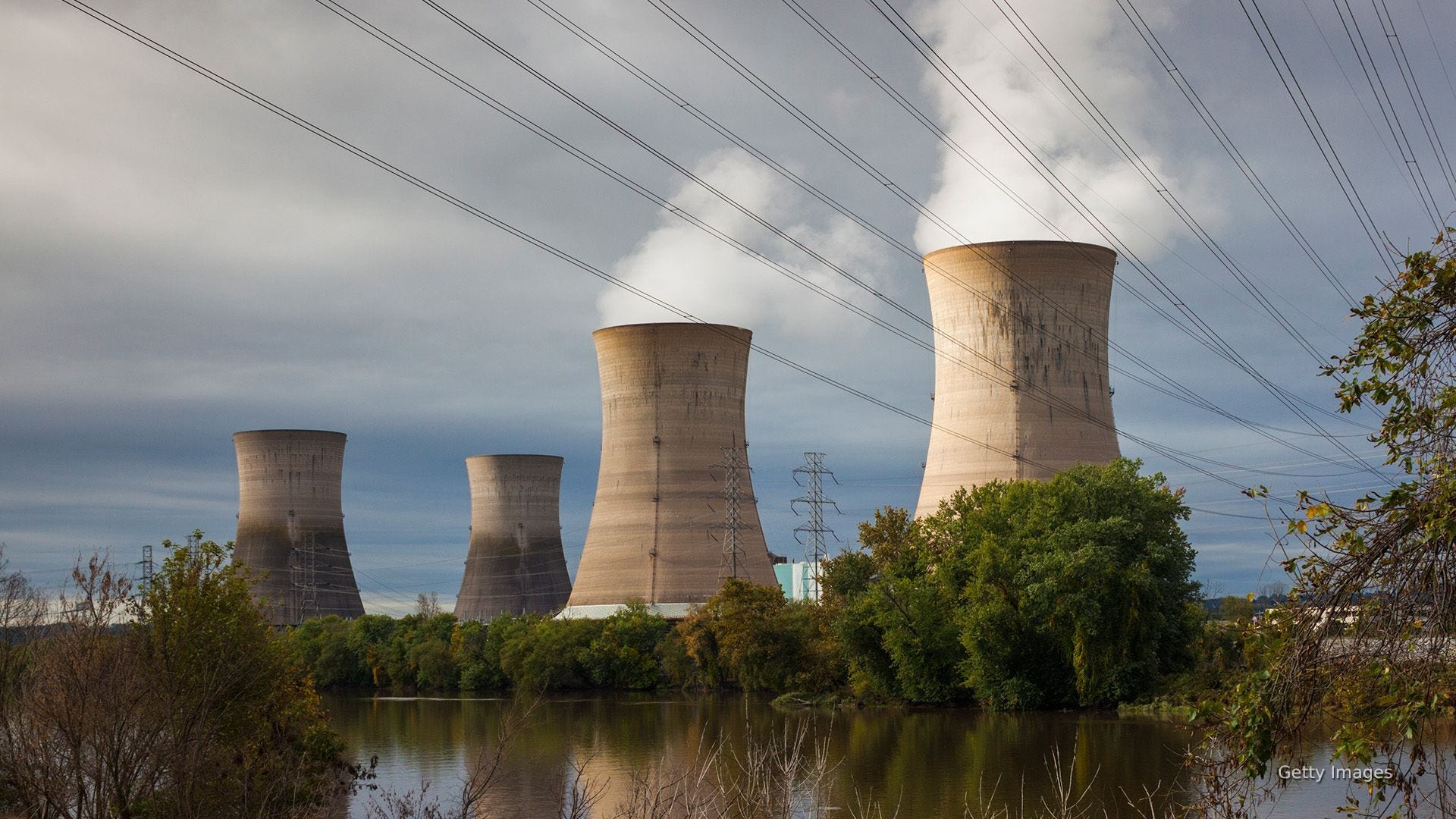Supreme Court greenlights nuclear waste site in Texas

WASHINGTON – The Supreme Court rejected challenges to a nuclear waste storage site near Texas’ border with New Mexico, a win for the federal government in a decadeslong struggle over what to do with waste that is byproduct of nuclear power plants.
In a 6-3 decision on June 18, the court said Texas and oil industry interests cannot fight the Nuclear Regulatory Commission's approval of the site because they hadn't sufficiently participated in the commission’s licensing proceedings.
The court passed on deciding whether the commission had the authority to license the storage facility.
Three conservative justices − Neil Gorsuch, Clarence Thomas and Samuel Alito − dissented.
The commission approved temporary storage sites in Texas in 2021 because nuclear power plants were running out of room and the permanent underground storage facility planned for Nevada’s Yucca Mountain stalled largely because of local opposition.
But Texas and oil industry interests objected to the waste being stored above ground in the Permian Basin, a prominent oil field region known for its underpopulated wide-open spaces in southwestern Texas. They also questioned the “temporary” nature of the storage site, which was designed to last decades.
The federal government said the waste has to go somewhere until a permanent location is created.
Nuclear power supplies about one-fifth of the nation’s electricity.
The company proposing to run the Texas facility argues it's more economical to have security in one centralized location, allowing time for the land around former nuclear reactors to be restored for long-term use.
Though two federal appeals courts in Denver and Washington, D.C., rejected challenges to the private facility, the New Orleans-based 5th U.S. Circuit Court of Appeals sided with Texas. The court also blocked operations at a similar site in New Mexico that officials in that state opposed.
Since the United States began large-scale nuclear power generation in the late 1950s, nuclear fuel has powered reactors along with a political debate over the disposal of spent fuel once it can no longer efficiently generate electricity.
The "not in my backyard" dispute ended up at the high court because the federal government never followed through on a 1982 law that was supposed to have created a permanent dumping ground for nuclear power plant waste – which continues to be considered dangerous for thousands of years.
After lawmakers designed Nevada’s Yucca Mountain as the only authorized site where the Department of Energy could permanently store spent nuclear fuel, the Obama administration effectively nixed the project over political and environmental concerns.
It was unclear whether the Trump administration, which defended the Nuclear Regulator Commission’s authority to approve temporary sites, would try to revive the Yucca Mountain option as a place to store nuclear waste.